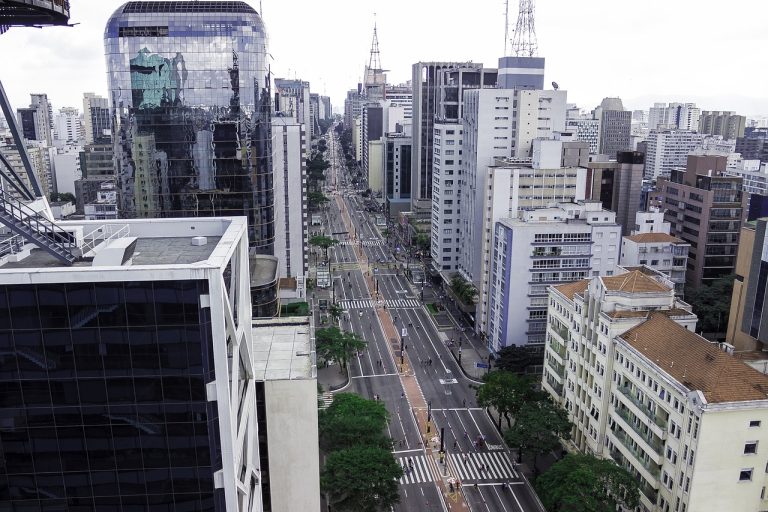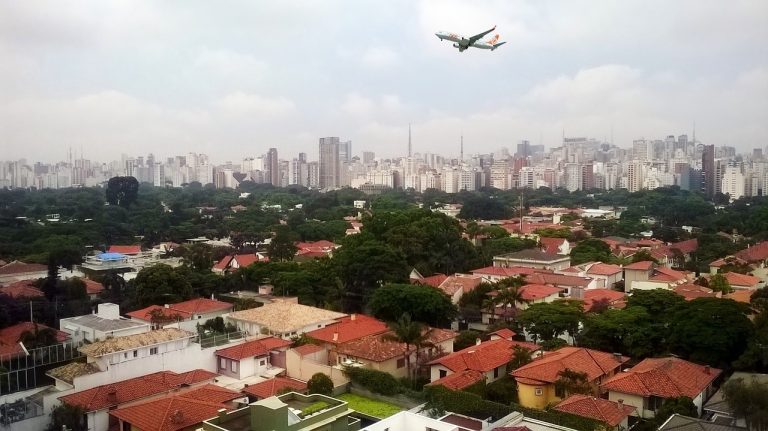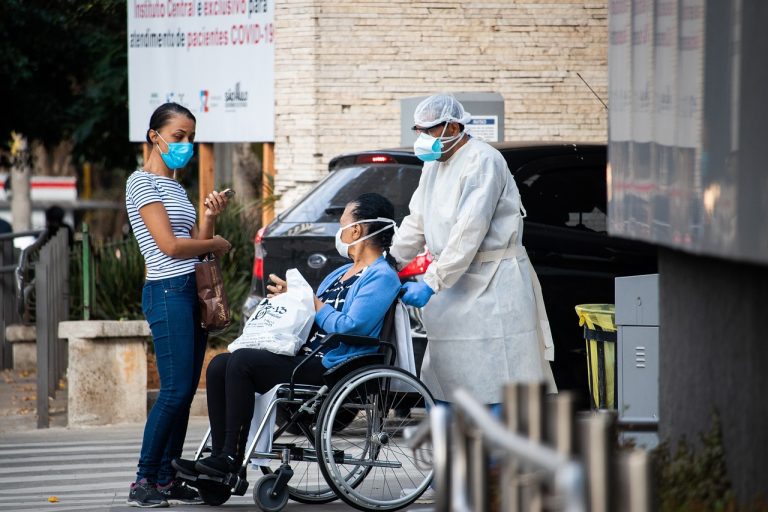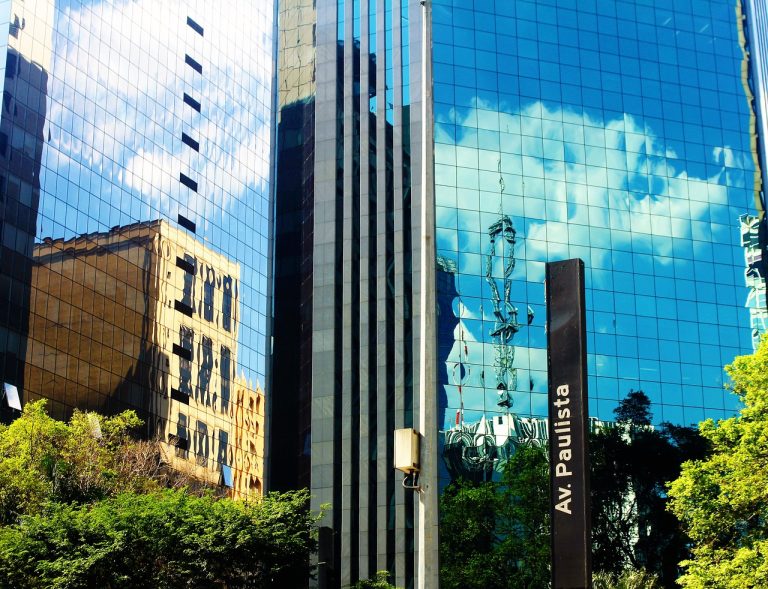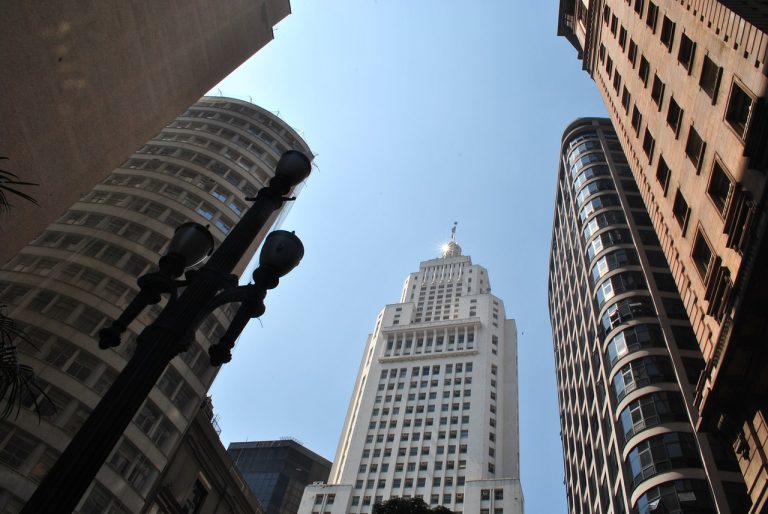São Paulo Brazil Video
São Paulo Brazil: A Vibrant Cultural Melting Pot
São Paulo, Brazil’s largest city, is a metropolis known for its rich social and cultural diversity. As the economic and cultural hub of Brazil, São Paulo attracts people from all over the country and the world, resulting in a unique blend of traditions, languages, and lifestyles. This article explores the social and cultural impact of São Paulo, highlighting its various aspects that contribute to its vibrant atmosphere.
Historical Significance: A City Built on Immigrant Dreams
- Italian Influence: São Paulo has a significant Italian population, with immigrants arriving mainly in the late 19th and early 20th centuries. Italian culture has left a lasting impact on the city, evident in its cuisine, architecture, and festivals.
- Japanese Heritage: The Japanese community in São Paulo is the largest outside of Japan. The Liberdade neighborhood is a cultural hub that showcases Japanese traditions, including cuisine, festivals, and martial arts.
- Portuguese Legacy: As the capital of the Portuguese Empire, São Paulo has a strong Portuguese influence. The Portuguese language, colonial architecture, and traditional customs are integral parts of the city’s identity.
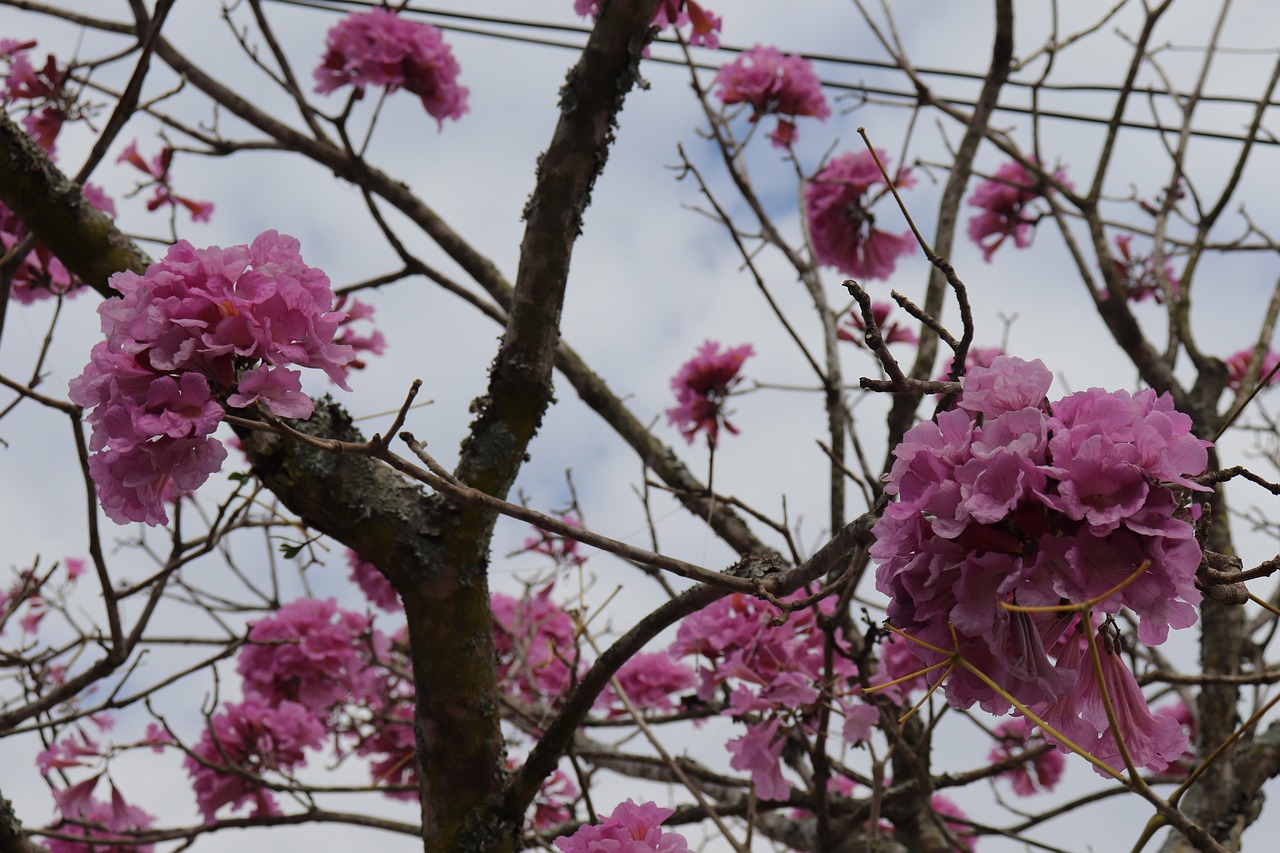
Art and Music Scene: A Mecca for Creativity
- Museums and Galleries: São Paulo boasts numerous world-class museums and art galleries, including the São Paulo Museum of Art (MASP) and the Pinacoteca do Estado. These institutions showcase both Brazilian and international art, attracting art enthusiasts from around the globe.
- Street Art: The city’s walls are adorned with vibrant murals and graffiti, making São Paulo a street art paradise. The Beco do Batman in the Vila Madalena neighborhood is a famous spot where local and international artists showcase their talents.
- Music Festivals: São Paulo hosts an array of music festivals throughout the year, catering to different genres and tastes. The São Paulo Jazz Festival and the Virada Cultural are just a few examples of the city’s dynamic music scene.
Gastronomy: A Culinary Delight
- Feijoada: Brazil’s national dish, feijoada, is a must-try when visiting São Paulo. This hearty black bean stew with various cuts of pork is a favorite among locals and represents the city’s diverse culinary heritage.
- Food Markets: São Paulo is home to bustling food markets like the Mercado Municipal and the Municipal Market of Pinheiros. These markets offer a wide range of fresh produce, spices, and traditional Brazilian snacks.
- International Cuisine: The city’s multiculturalism is reflected in its international culinary scene. From Italian trattorias to Japanese sushi bars and Middle Eastern kebab houses, São Paulo offers a world of flavors.
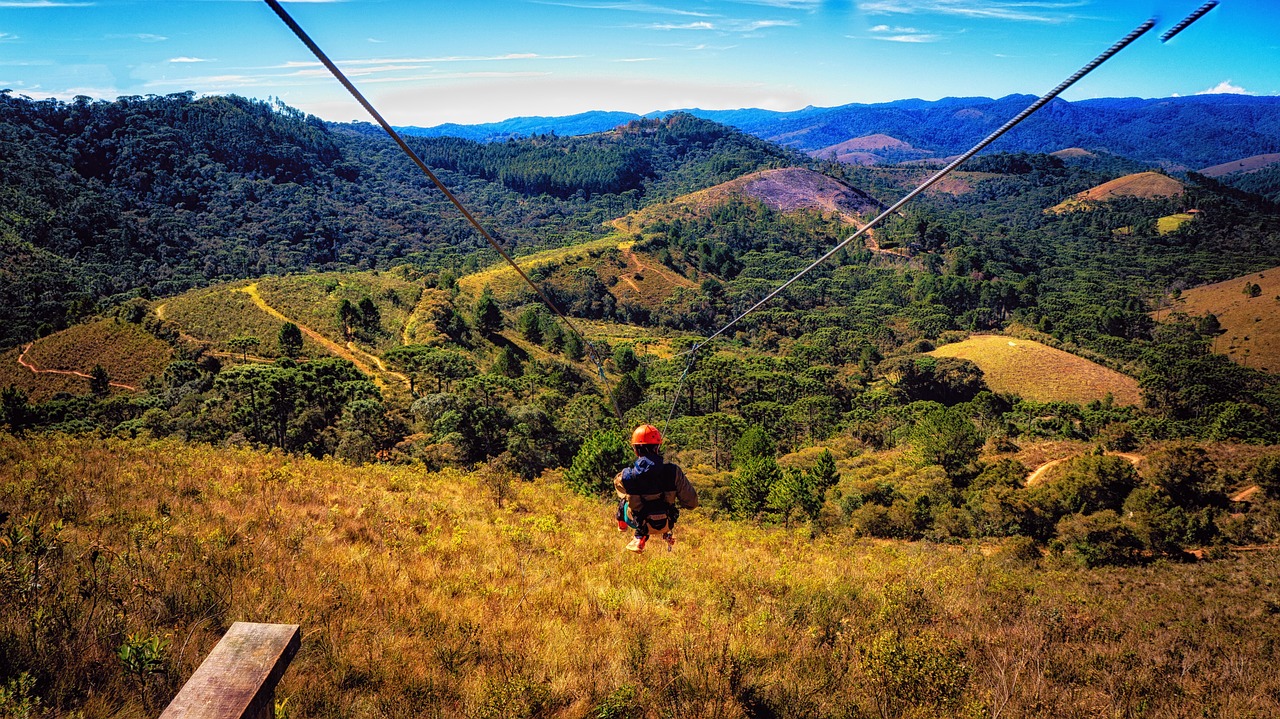
Entertainment and Nightlife: The City That Never Sleeps
- Paulista Avenue: A bustling hub of activity, Paulista Avenue is known for its vibrant nightlife. It is lined with bars, clubs, and theaters, offering entertainment options for everyone.
- Samba and Carnaval: São Paulo hosts one of the largest Carnaval celebrations in the world. Samba schools parade through the streets, showcasing elaborate costumes, music, and dance.
- Live Music: The city is a hotspot for live music, with numerous venues catering to different genres. From traditional samba and bossa nova to rock, jazz, and electronic music, São Paulo has something for every music lover.
Green Spaces: Oasis in the Concrete Jungle
- Ibirapuera Park: One of São Paulo’s most iconic parks, Ibirapuera Park offers a peaceful retreat in the heart of the city. It features jogging trails, picnic areas, and cultural spaces, including the Museum of Contemporary Art.
- Horto Florestal: Located in the northern part of the city, Horto Florestal is a lush forest reserve perfect for hiking and reconnecting with nature. It is home to diverse flora and fauna, providing an escape from the urban hustle.
- Botanical Garden: The São Paulo Botanical Garden showcases a vast collection of native and exotic plants. Visitors can explore the greenhouses, stroll through themed gardens, and learn about Brazil’s rich botanical diversity.
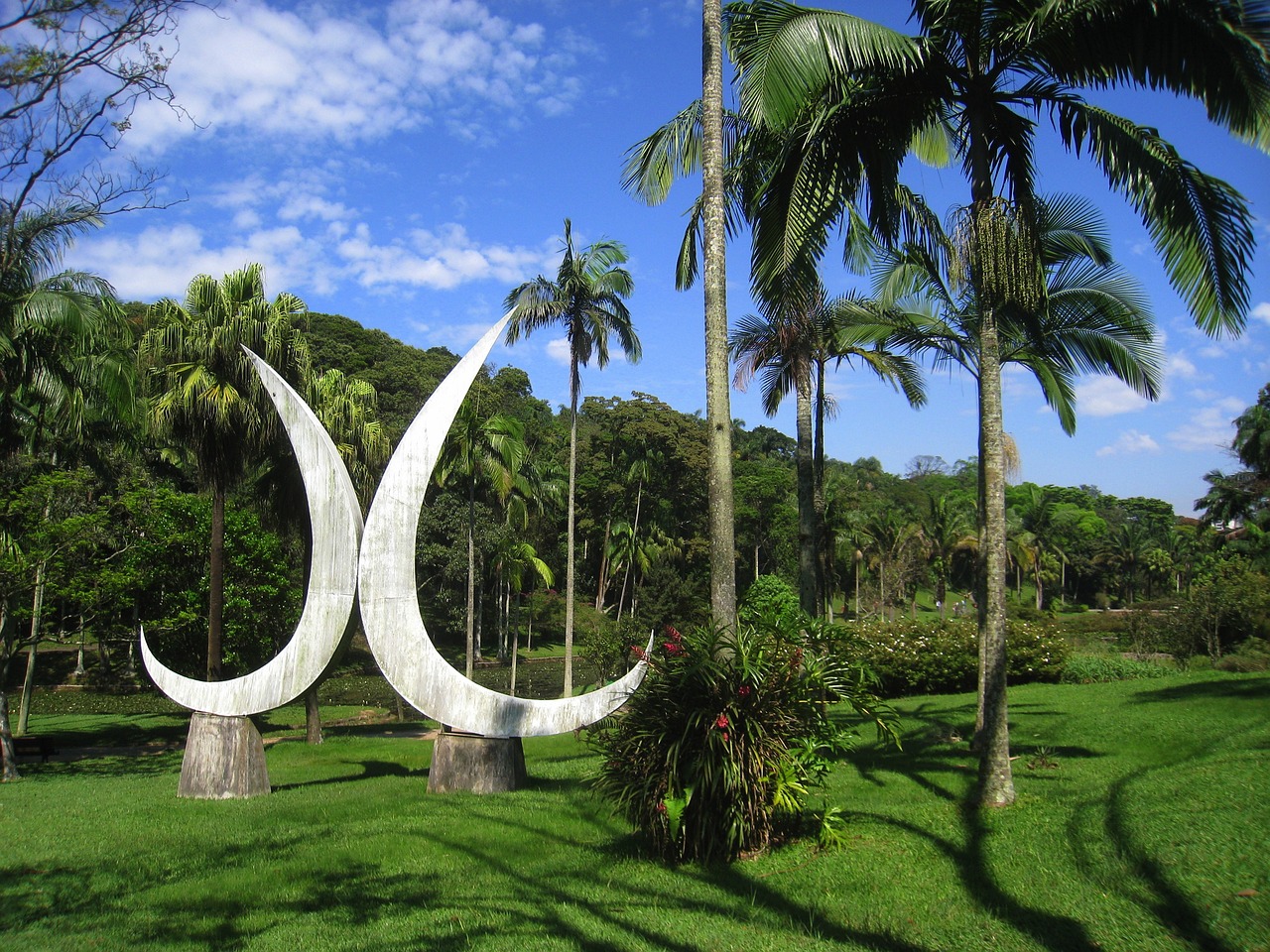
Economic Powerhouse: A Global Business Center
- Financial District: São Paulo’s financial district, known as the Avenida Paulista, is home to the headquarters of major national and international companies. It is a symbol of Brazil’s economic prowess.
- Trade Fairs and Events: The city hosts numerous trade fairs and business events, attracting professionals from various industries. Events like the São Paulo International Motor Show and the São Paulo Fashion Week showcase the city’s global reach.
- Start-Up Culture: São Paulo is a thriving hub for start-ups and innovation. The city’s entrepreneurial spirit, coupled with access to venture capital and a large consumer market, creates a fertile ground for new businesses.
Social Challenges: Inequality and Urbanization
- Favelas: São Paulo faces social challenges, including the presence of favelas (informal settlements). These neighborhoods often lack basic infrastructure and access to services, highlighting the city’s social and economic disparities.
- Urban Mobility: The city’s rapid urbanization has led to traffic congestion and transportation challenges. Efforts are being made to improve public transportation systems, such as the expansion of the metro network and the implementation of bike lanes.
- Education and Healthcare: Ensuring access to quality education and healthcare for all residents remains an ongoing challenge. São Paulo continues to invest in public services to improve the well-being of its citizens.
Sports Passion: Football and More
- Football Culture: São Paulo is home to some of Brazil’s most successful football clubs, including Corinthians, Palmeiras, and São Paulo FC. The city’s love for the sport is evident in the passionate fan base and the iconic stadiums.
- Formula 1: São Paulo hosts the Brazilian Grand Prix, an annual Formula 1 race held at the Interlagos Circuit. The event attracts motorsport enthusiasts from around the world.
- Other Sports: Besides football, São Paulo offers a wide range of sporting activities. From basketball and volleyball to martial arts and extreme sports, the city caters to sports lovers of all kinds.
Tourism and Hospitality: Welcoming Visitors
- Hotels and Accommodation: São Paulo offers a wide range of accommodation options, from luxury hotels to budget-friendly hostels. Visitors can choose from renowned international chains or boutique hotels that capture the city’s unique charm.
- Cultural Attractions: The city’s cultural attractions, such as museums, theaters, and historical landmarks, provide visitors with a glimpse into São Paulo’s rich heritage.
- Cuisine and Nightlife: São Paulo’s gastronomy and vibrant nightlife scene are major draws for tourists. From trendy bars and restaurants to traditional Brazilian eateries, the city offers a diverse culinary experience.
Conclusion
São Paulo, with its rich social and cultural fabric, serves as a testament to Brazil’s diversity and dynamism. The city’s historical significance, thriving art scene, gastronomic delights, and vibrant nightlife make it a must-visit destination for those seeking an immersive cultural experience. While facing social challenges, São Paulo continues to evolve and adapt, embracing its multicultural heritage and shaping its future as a global city.
References
- visitbrasil.com
- saopaulo.sp.gov.br
- timeout.com/sao-paulo
- culturetrip.com
- bbc.com/travel


